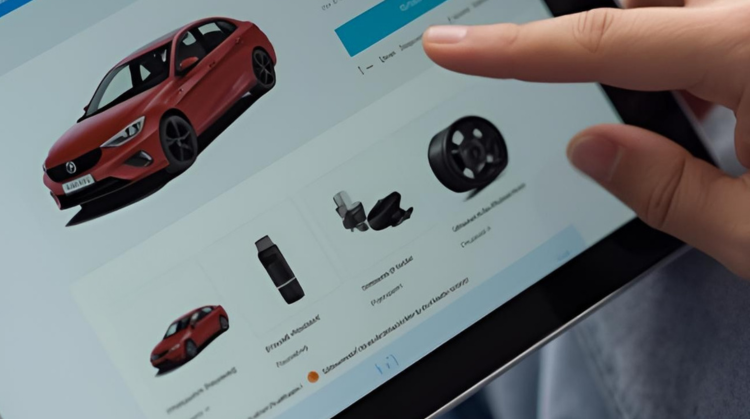In an increasingly digitalized automotive market, the marketplace model is becoming one of the most powerful strategies for manufacturers, dealerships, and auto parts retailers. It not only expands brand reach but also enables connections with new audiences, strengthens customer loyalty, and provides a much more complete shopping experience by integrating proprietary products with third-party offerings.
In the automotive industry, this means a dealership can sell not only new or used vehicles but also replacement parts, accessories, official merchandise, and services, all within the same online environment.
The impact of artificial intelligence and advanced analytics makes it possible to personalize product recommendations, promotions, and content for each customer. A user searching for a specific part can receive suggestions for compatible tools, installation kits, or even book appointments at certified workshops.
This adaptability increases retention and generates new cross-selling opportunities. Moreover, marketplaces serve as a gateway to global trade. An auto parts manufacturer in Mexico, Argentina, or Brazil can sell in other countries with the same visibility as a major international brand, provided they have a solid strategy and reliable logistics support.
The advantage of integrating catalogs and processes in the auto parts industry
Being on a marketplace not only means greater exposure and access to customers but also the ability to manage operations more efficiently. Through solutions like those provided by Alephee, manufacturers and dealerships can automatically integrate their product catalogs with the platform, avoiding manual data entry and minimizing errors. This streamlines key processes such as stock updates, price synchronization, and real-time availability.
In an industry like auto parts, where product diversity is vast and delivery speed is crucial, this integration allows companies to respond faster to demand, reduce operational costs, and deliver a more reliable experience to the end customer.
Strategic pillars for a competitive automotive marketplace
-
Robust and scalable technological platform: capable of managing vehicle, parts, and accessories inventories securely and in real time.
-
Strategic network of business partners: including manufacturers, wholesalers, workshops, insurers, and financing companies.
-
Efficient logistics structure: crucial to ensure timely delivery of parts or vehicles with full traceability.
-
Agile and secure payment solutions: covering everything from bank transfers to online financing and digital wallets.
Ultimately, the automotive marketplace not only redefines how buying and selling happen but also opens the door to a more inclusive, competitive, and customer-focused digital ecosystem.












